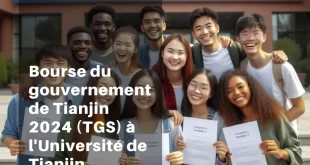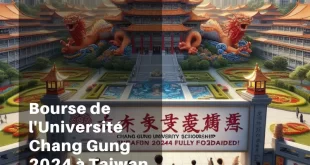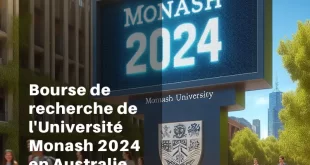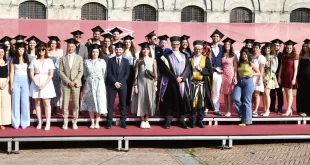During solidification of metallic alloys, a microstructure develops at the solid-liquid interface whose characteristics strongly influence the macroscopic properties of the material. Its formation is a dynamic process in which the pattern develops, organizes and orders itself progressively. A detailed study of the physical mechanisms that control the formation of this microstructure is fundamental to control the quality of the material. On earth, convection in the liquid phase strongly affects the solidification microstructure by creating for example heterogeneities in the control parameters along the interface. Microgravity, which prevails for example in the International Space Station (ISS), allows to limit or eliminate convection while keeping large samples.
The DECLIC device and its Directional Solidification Insert (DSI) have been developed to study in situ the formation of microstructures during directional solidification of transparent alloys (organic materials model of metallic alloys) on board ISS. Several campaigns of space experiments have been conducted between 2009 and 2018; they will be continued in the coming years. All studies in DECLIC-DSI are carried in the frame of a close scientific collaboration with the teams of Pr. R. Trivedi (Iowa State University, Iowa, USA) and Pr. A. Karma (Northeastern University, Massachussetts, USA).
The research proposal has two main parts to be conducted in parallel:
-
Preparation of the next space flight campaign. Preliminary studies in the laboratory DSI device will have to be conducted to select the composition and the experimental control parameters.
-
Continuation of the analysis of the spatial campaigns already carried out. The studies will essentially focus on the dynamics of dendritic patterns (formation, selection of primary spacing, interaction between dendrites, organization and order…), the study of the cell-dendrite transition, the mechanisms of secondary branching…. The analyzed experimental data will be compared to theoretical and/or numerical models (Coll. A. Karma: 3D phase field), as well as to pre-existing results of thin samples experiments.
Keywords : solidification, metallurgy, dendrites, convection, characterization
Some references… N. Bergeon et al. J Mater Sci 46 (2011) 6191
N. Bergeon et al. Physical Review Letters 110 (2013) 226102
Mota F.L. et al. Acta Materialia, 85 (2015) 362
J. Pereda et al. Physical Review E 95 (2017) 012803
F.L. Mota et al. Acta Materialia 204 (2021) 116500
Candidate Profile: PhD in Materials Science, physical chemistry of materials. Post-doctoral experience: 0 to 2 years.
Solid notions of metallurgy, solidification and microstructure formation.
Strong taste for experimentation. Good knowledge of Python would be a plus.
Duration: 10 months. Start date envisaged: 01/11/21. Possible extension by application to CNES post-doctoral fellowships.
Contact
Nathalie Bergeon (MCF) Phone: (+33) 4 13 94 52 53, e-mail: nathalie.bergeon@IM2NP.fr
 medjouel.com Study Non Stop
medjouel.com Study Non Stop



